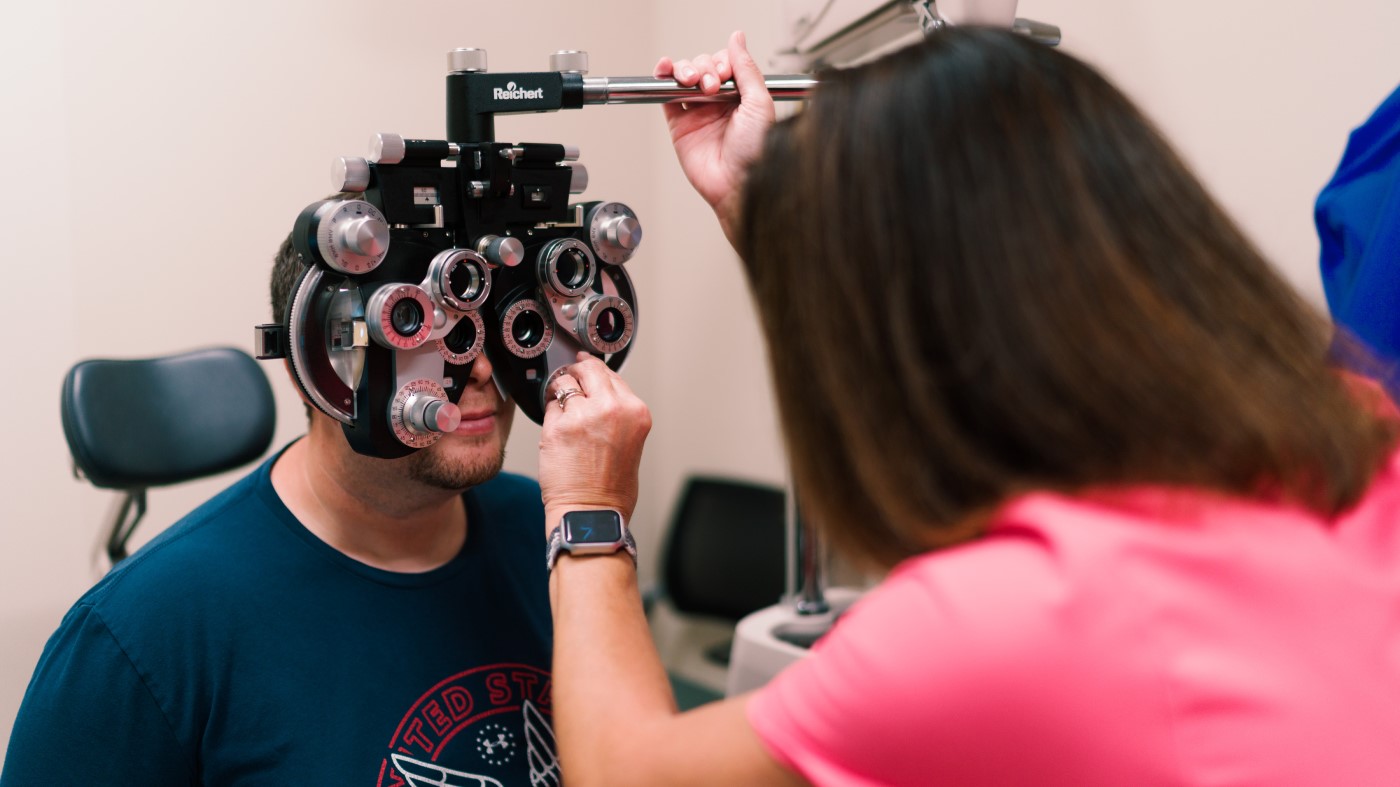In my two years as an employment specialist for the VA, I have helped hundreds of Veterans and transitioning Servicemembers find jobs in the federal government as well as the private and nonprofit sectors. From mentor to career counselor to employment-resource provider, I have worn many hats in my role helping Veterans navigate their professional crises.
Recently, I was the Veteran in need of employment support.
Due to an organizational restructure, I found myself in the same space as many of those I have helped. So what did I do? I took my own advice and exercised some of the strategies and tactics that I encourage Veterans to use when conducting a job search. From updating my résumé, to tapping my personal and professional networks for job leads, I used a multi-pronged approach to quickly find a new position, so I wouldn’t become an unemployment statistic.
More than five years ago, the overall rate for Veteran unemployment was over 8 percent. To address those concerning statistics, the White House launched an initiative to improve employment opportunities for transitioning and disabled Veterans within the federal government. Current numbers prove the effort worked. According to December statistics from the U.S. Department of Labor, the Veteran unemployment rate was 4.1 percent, down from 4.8 percent a year ago, and the lowest since May 2016.
But if you’re a Veteran facing unemployment, those favorable numbers mean little if you can’t pay the bills. So, here are some strategies to help your job search:
- Update your resume. Tailor your résumé to include some of the language from the job to which you are applying. Don’t do a word-for-word cut and paste from the job description to your résumé. It will turn off most hiring managers, and may even hurt your chances of being hired. Instead, tweak your résumé to include some of the key words from the job description.
- Network, network, network. Reach out to everyone you know personally and professionally and let them know you are in the market for a new job. I contacted recruiters, employment specialists, friends, and even family members to ask for job leads.
- Apply for the job. This may sound simple, but you have to go beyond reviewing the job, talking about the job to others and actually apply for the job. I dedicated myself to applying for at least five jobs per week. Some weeks I missed this mark; others, I exceeded the goal. I spent many late nights tailoring my résumé for each job to which I applied. I even applied for jobs I was not 100 percent sure I wanted, but my goal was to create as many options as possible for myself.
- Clean up your social media accounts. We leave a digital footprint each time we post content to a social media site, so present your best online image to a prospective employer. Remove inappropriate content that could negatively impact your hiring prospects, and share subjects that show your professional expertise. Many companies use social networking sites to research job candidates as well as to query your mutual online connections about your background.
- Take care of yourself. A job loss is a professional crisis, but it can affect your overall wellbeing, so look for ways to maintain your health — physically, emotionally and mentally. In my case, I exercised a little more, ate healthier meals and reached out to friends and family to provide comfort and encouragement.
- Tap all of your resources. A multitude of online resources offer career advice, lists of job fairs and tips to find employment. Here are a few that I used in my job search: www.usajobs.gov; vaforvets.va.gov; https://www.fedshirevets.gov/job/index.aspx; https://www.dol.gov/vets/; https://recruitmilitary.com/; https://www.uschamberfoundation.org/events/hiringfairs; and https://www.dol.gov/vets/.
Topics in this story
More Stories
Whether it’s access to the great outdoors or a calmer pace in your everyday life, you can find it in rural VA communities around the country.
We offer some quick and easy steps to show you how to format a cover letter, and what information to include.
The eye care provided by ophthalmologists can make all the difference to our Veteran patients.






Please keep our veteran to be better……
I once applied for a vocational Rehabilitation Counselor position with the VA. I have been a state Vocational Rehabilitation Counselor for 5 years and my application was rejected saying that I am not qualified. It would be great if there was some kind of assistance to civilians (although I am both a non combat veteran and the spouses of a 70% disabled Purple Heart vet) to write the federal resume correctly to be accepted in to the candidate pool.
I would like to discuss opportunities with someone directly on job placement.
If your background is in IT, and covers over 30 yrs, the only thing that truly works: Don’t get laid-off especially if you’re in your 50’s. Otherwise, U B SOL!
Please be sure when updating a Federal Government resume that you always include the month and year you started a position, the month and year that you completed the position, and whether you were FT or PT, how many hours. The federal government doesn’t want your resume to be brief, we need it to be as detailed as possible. Read the Qualifications section of the Announcement as posted, you should be able to look at the qualification and if you can say to yourself, “yes, I have that experience”, then look at your resume, did you document it in your resume? HR Specialist cannot assume anything in your resume. Do not generalize your experience, be specific! Some examples, “I was a Police Officer and did EMT duties”, is very general. When you were a Police Officer, did you have arrest authority? Did you maintain crime scenes? This seems very basic, but would disqualify you due to lack of details “minimum qualifications”.
Also, if you were a Veteran, please don’t just say you were in the Navy, Marine Corps, Army, Air Force, or Coast Guard for such and such years. Be specific of what exactly you did in the military. As a Veteran myself, we know our MOS is one thing, but you did a lot of other duties. If you were in transportation, what type of vehicles, did you do maintenance on the vehicles. In logistics, did you work with computers, utilizing forklifts, etc. This is specialized experience.
The HR Specialists review everywhere on your resume for specialized experience, if you didn’t place it on there, then we can’t review it, and you might miss out on an opportunity to qualify for a position.